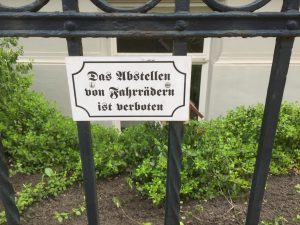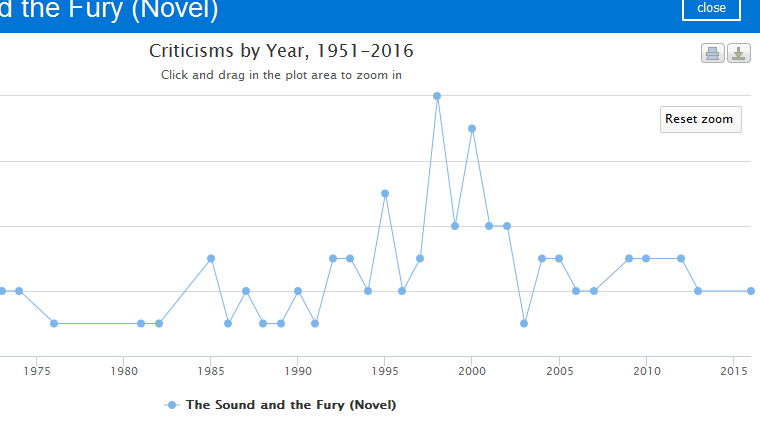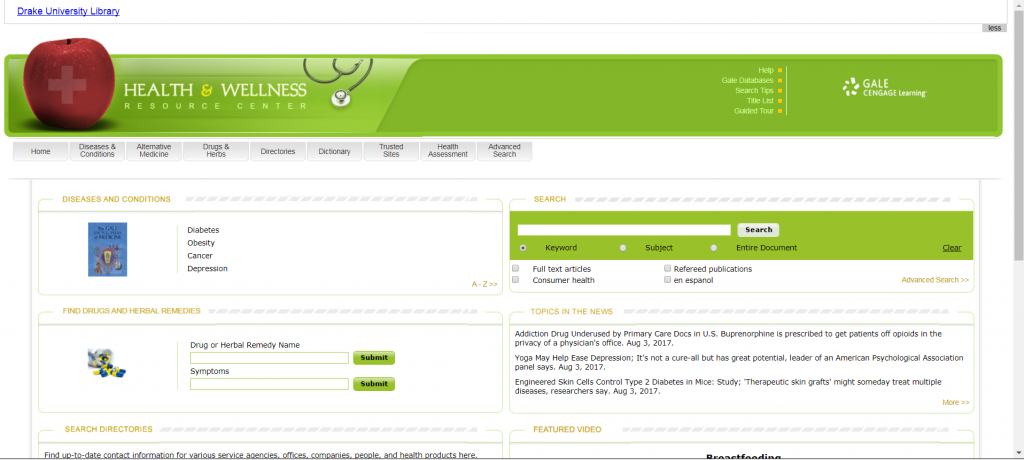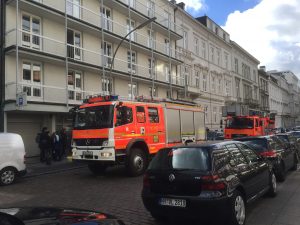With a month to go, I have been thinking about what’s changed here over the course of my nearly forty-year association with the country. I first visited Germany in 1983 when I was finishing my graduate degree. A return flight from the Middle East had a transfer in Frankfurt and I took the opportunity to break my journey and visit some of my father’s relatives in that city. I remember that some buildings, bomb-damaged during WWII were still standing. Not many, but a few, and there were a number of vacant lots where destroyed structures had once stood. All of that is gone, now. Damaged buildings have either been rebuilt and restored (mostly architecturally important public ones) or replaced with new construction.
The population has changed dramatically, too. Since Germany began to admit Turkish “guest workers” in the 1970’s, the face of Germany has become much more diverse. The recent admission of a million refugees from Islamic countries in the Middle East and North Africa has only intensified the heterogeneity. It is not uncommon, as I think I mentioned in an earlier post, to hear fluent German being spoken by people who are obviously of African origin, or Asian for that matter. In that way, Germany is not unlike many other places in the world where a multiplicity of ethnicities and cultures are showing up where they wouldn’t have been found, at least not in great numbers, even twenty years ago.
The influence of the United States is also increasingly apparent. Commercial television is one example, something else I’ve also alluded to before. There seem to be a great many more English words used than there used to be, too. The standard greeting is no longer “guten Tag,” but “Hallo” or even “hi” among 20-somethings. Passing by a group of students the other day, I overheard one say, “Ich hab’s ge-Googelt” (I Googled it). Well, why should I be surprised? Germans use Google, too. “Hotline” is hotline in German; “cool” is cool.
I took an extensive walk today, the primary purpose of which was to find free jazz performances being held somewhere in the city center (it was a big disappointment not to be able to find them) and I saw several American muscle cars being driven about by their proud owners who were eager to get them out of the garage after a long winter: a 1962 Corvette (sweet!), a 1960-something Mustang V-8, and a couple of others. Motorcycles—a bunch of Harley Davidsons—cruised about in their annoying, rumbling, blatting way, many ridden by too-stereotypical guys in t-shirts and over-ample girths. It could have been Des Moines!
Trying to find anything of the “old” Germany takes time and luck. Of course, we don’t want to look too hard for it in any case, but for some things—like beer for instance—you want to be able to trace a heritage. Bread is a case in point. You can buy the plastic wrapped sort in any grocery store, but most places will still have a proper bakery where you can buy a freshly-baked loaf. But that bread is usually the sort of bread you’d find in any bakery. On one of my strolls, I happened upon a small neighborhood bakery that sold varieties of old fashioned peasant rye bread, the kind of loaf that can serve as a doorstop after three days on the kitchen counter. The shop does a pretty good business judging from the line I had to stand in to purchase an experimental half-loaf a few weeks ago. But the customers were pensioners by and large and I wonder how much longer they’ll be able to keep places like that going. Other minor things also retain a sense of earlier times in Europe. Commercial toilet paper, for example, could easily serve as a substitute for materials used to give a final smoothing to fine woodwork. The Germans are a hardy lot, it seems.
That the “old” Germany is disappearing is a fact and not too many people will be sad to see it go. Yes, there are some things, like high quality craftsmanship and durable goods, that are also harder to find. Even some of my students here lament the “decline” in quality. But the streets are clean, the parks tidy and well tended, the people are still assured of good health care, education, and quality of life, for the most part. The economy is strong. It seems that people are always working. It’s a bit depressing to see beggars, panhandlers and homeless people on the streets. The “safety net” isn’t catching everyone, it appears. The infrastructure, like ours, makes the news because it’s failing in some places. Stretches of highway are in need of major overhauls and the quandary is how to fix them without causing huge traffic jams. Sounds familiar. But I have the sense that here they’ll decide what the best way to proceed is and get the work done. And it’ll be done well.
Another indication of new sensibilities is the official signage one finds posted here and there. This sign,  telling people not to fasten their bicycles to the iron fence, is in a type face that we associate with a rather dark period in German history. My reaction to it is one of anxiety because I think of the Nazi period when I see it.
telling people not to fasten their bicycles to the iron fence, is in a type face that we associate with a rather dark period in German history. My reaction to it is one of anxiety because I think of the Nazi period when I see it.

Like these guys…
The last thing I would want to do is to lock my bike up to that fence. But for those Germans born in the 80s, 90s, or 00s, this style of text won’t have that resonance and so it loses its force.
The danger, of course, is that people will forget the horrible things, too, and that could lead to very bad things happening all over again. One always hopes that our values and our institutions are so well established that they will make it difficult if not impossible for those bad things to occur, but history doesn’t hold out much hope for that outcome. Whether we’re all just three missed meals away from total chaos is a hypothesis I don’t want to test.










